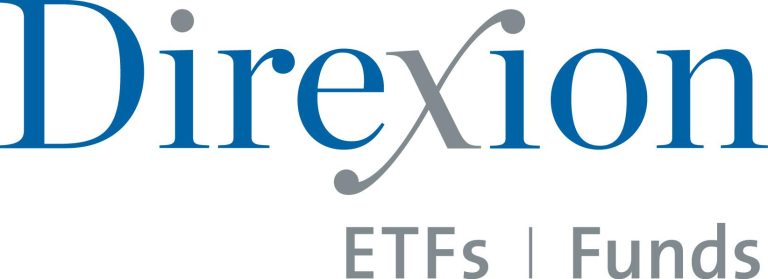
We adhere to strict standards of editorial integrity to help you make decisions with confidence. Some or all links contained within this article are paid links.
Just a few months into her marriage, Veronica from Texas is “freaking out” after discovering her husband, who she thought was worth nearly $1 million, lied about his finances and is actually drowning in over $150,000 of debt with no significant assets to his name.
“Where do I go from here?” she asked in a letter to The Ramsey Show in a clip broadcast Nov. 18.
“I would go straight to counseling,” replied co-host George Kamel. “I don’t know anywhere else to go when your relationship was built on a throne of lies.”
However, fellow co-host Ken Coleman wanted her to consider the “nuclear option” instead. “I would go straight to the judge and I would get the marriage annulled,” he said bluntly.
Now, while lying to a spouse about being a millionaire may be an extreme case, it seems financial infidelity is actually quite common in America.
Financial deception
The results of a Bankrate survey published in early 2024 reveal 42% of adults in the U.S. who are married or living with a partner say they’ve kept a financial secret from their significant other. Secrets include spending more than their partner would approve of (30%) and holding undisclosed debt (23%).
Among those who lied about their finances, 28% felt embarrassed by their ability to handle finances and 17% were worried about the relationship ending poorly.
“It’s not always easy to talk about money, but it’s so important. Financial secrets can take on a life of their own and undermine the relationship,” Bankrate senior industry analyst Ted Rossman said in a news release. “We’ve often found that the breach of trust has a greater impact than the dollars and cents.”
Marriage counseling is an option for couples to resolve differences and change behaviors. It can be a forum to open up communication between partners and get them on the same page.
Establishing mutual trust is key if they work through financial deception. While owing thousands of dollars in debt is nerve-wracking, outlining strategies to tackle the problem is a good place to start.
If you’re in a similar situation, here are three ways to pay down debt and build wealth.
Consolidate debt through a personal loan
The majority of people struggling with high debt attribute it to high credit card spending. With median APRs of 24.2% on unpaid balances, the debt quickly racks up. Total credit card debt in the U.S. stood at $1.21 trillion in the fourth quarter of 2024, marking an all-time high, according to data from the Federal Reserve of New York.
For those trying to pay off multiple credit cards or high-interest personal loans at the same time — consolidating debt with a new personal loan and making one monthly payment at an ideally lower interest rate might be your best bet.
Credible is an online marketplace that allows you to compare personal loan rates and features from multiple lenders near you — all in one place.
The process is completely free, and won’t impact your credit score. Simply answer a few simple questions, then Credible will automatically display actual rates offered by top lenders like SoFi, Discover, Upstart, and more. You can then make a selection based on your requirements and preference.
With rates starting at 6.94% APR — you could potentially save a ton in interest.
Pay down high interest debt with a transfer balance credit card
Another avenue you could use to pay down your credit card debt is using a transfer balance credit card. These cards typically offer an introductory period during which no interest is charged — making it a convenient option to pay off outstanding debt.
But here’s the catch: many financial institutions often charge an initial transfer balance fee. According to a recent LendingTree report, 44% of 0% balance transfer credit cards come with a one-time fee ranging from 4% to 5% of the balance being transferred. Plus, 82% of transfer credit cards have an introductory offer for 12-15 months.
That means it’s important for you to do the proper research and choose the right card. With CardRatings, you can view the features and benefits of transfer credit cards offered by various financial institutions near you in one place, making it easier to make a decision.
You can customize your search and recommendations by sharing some details about your preferences and credit profile. CardRatings will then comb through its database and recommend a card that best suits your needs.
Consider a home equity loan
If you’ve paid your mortgage consistently for several years, chances are you have built up significant equity in your home. You can leverage that by using a home equity loan — which typically have lower APRs than personal loans or credit cards — to pay down a significant amount of high-interest debt.
Plus, you could unlock the lower rates by shopping around and comparing offers from different lenders through LendingTree. This way, you can make your home work harder for you, and lower your interest burden on other unpaid debt.
The process is simple: Just answer a few simple questions about your finances and mortgage, and LendingTree will match you with up to 5 lenders with great rates today.
This article provides information only and should not be construed as advice. It is provided without warranty of any kind.


